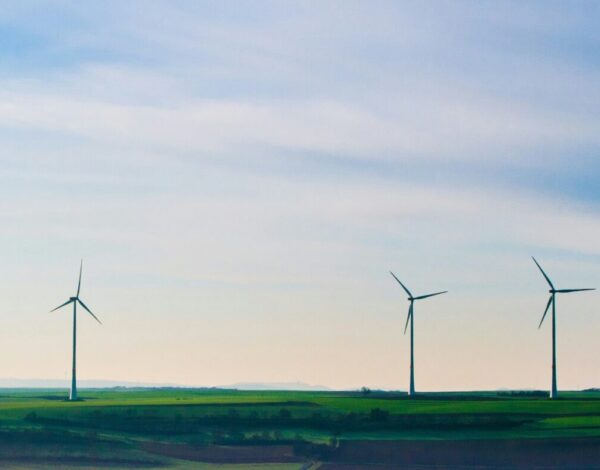

Pandemic Driven CO2 Shortage Raises Prices of Soda, Seltzer, and Beer
Gas prices may have been down, but beverage prices are now up. But what does gasoline have to do with soda, seltzer, and beer?
For the average consumer, this correlation may seem odd, but the oil and gas industry and the food and beverage industries are deeply interconnected.
The effects of the COVID-19 pandemic have caused a chain reaction, first halting the oil and gas industry, which includes the drilling of crude oil, the refining of petroleum, and the production of ethanol. All of this in turn affects the production of carbon dioxide, a byproduct of ethanol. This is where the connection between oil demand and the ability to obtain the carbon dioxide necessary to produce soda, seltzer, and beer comes into play.
The Lowest Oil Demand in 30 Years
Six months into 2020 fewer planes are taking off, factories have idled production, industry workers have been furloughed, and working Americans have cut their commute all together as they work from home. According to the Wall Street Journal, jet fuel demand has fallen by 70 percent and gasoline demand by half. On April 10, records showed petroleum demand plummeted to its lowest level in the past 30 years.
All of this occurred when the production of crude oil by both the United States and OPEC countries was at its height. So much oil was being produced that it has been overflowing storage tanks – some even stockpiled on ships at sea.
As millions of Americans filed for unemployment or transitioned to remote employment, gas prices took a nosedive. Ethanol production was subsequently disrupted and 34 out of the 45 US ethanol plants that sell CO2 as a byproduct paused operations.

The Ripple Effect from Oil to Carbon Dioxide
This ripple effect trickled down from oil to carbon dioxide applications, of which ethanol is the middle party. Ethanol, which makes up roughly 10 percent of gasoline in the United States, produces two byproducts: animal feed and carbon dioxide. Already pure enough to be considered “food grade,” the carbon dioxide captured is sold in mass quantities to the food and beverage industries for carbonating beverages and preserving, packaging, and transporting meat.
The temporary shortage has been flattening carbonated beverages and the wallets of their distributors, while prices have leapt upward to 25 percent. While some beverage companies are virtually unaffected (think Pepsi Co. and Starbucks), who have the means to absolve rising costs or even invest in carbon capture technology, independent business owners are feeling the pressure. Small craft brewers have taken the hardest hit, as 45 percent of their CO2 supply comes from ethanol production. Consequently, end consumers are likely to notice an increase in the cost of effervescent beverages.
A coalition led by the Compressed Gas Association joined to pen a letter to Vice President Mike Pence, appealing for “temporary, emergency federal assistance” in order “to prevent shortages in CO2.” Carbon dioxide is “critical for the operations of food and beverage manufacturers that provide essential goods and services to Americans.” Federal assistance has not yet been granted, and many businesses that rely on CO2 are looking for alternative resources.

Carbon Dioxide in the Rocky Mountain Region
It is not uncommon for atmospheric gas availability to fluctuate depending on global trade and resources. While shortages may be expected for finite gases like helium, it is not typically heard of for CO2. As an atmospheric gas supplier in the Rocky Mountain region, Rocky Mountain Air is adaptable to temporary supply shortages, and it is our job to come up with innovative solutions to serve our customers with flawless dependability.
If you have any questions regarding carbon dioxide availability or pricing for food and beverage applications, please contact your local RMA branch in one of our five states (Colorado, Idaho, Nebraska, Utah, Wyoming) today. We look forward to serving you.



